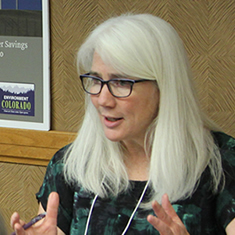
Our response to the East Palestine train disaster
A brief update on our work for rail safety improvements and a reduction in our nation's use of hazardous chemicals in the wake of the Norfolk Southern train disaster in East Palestine, Ohio.
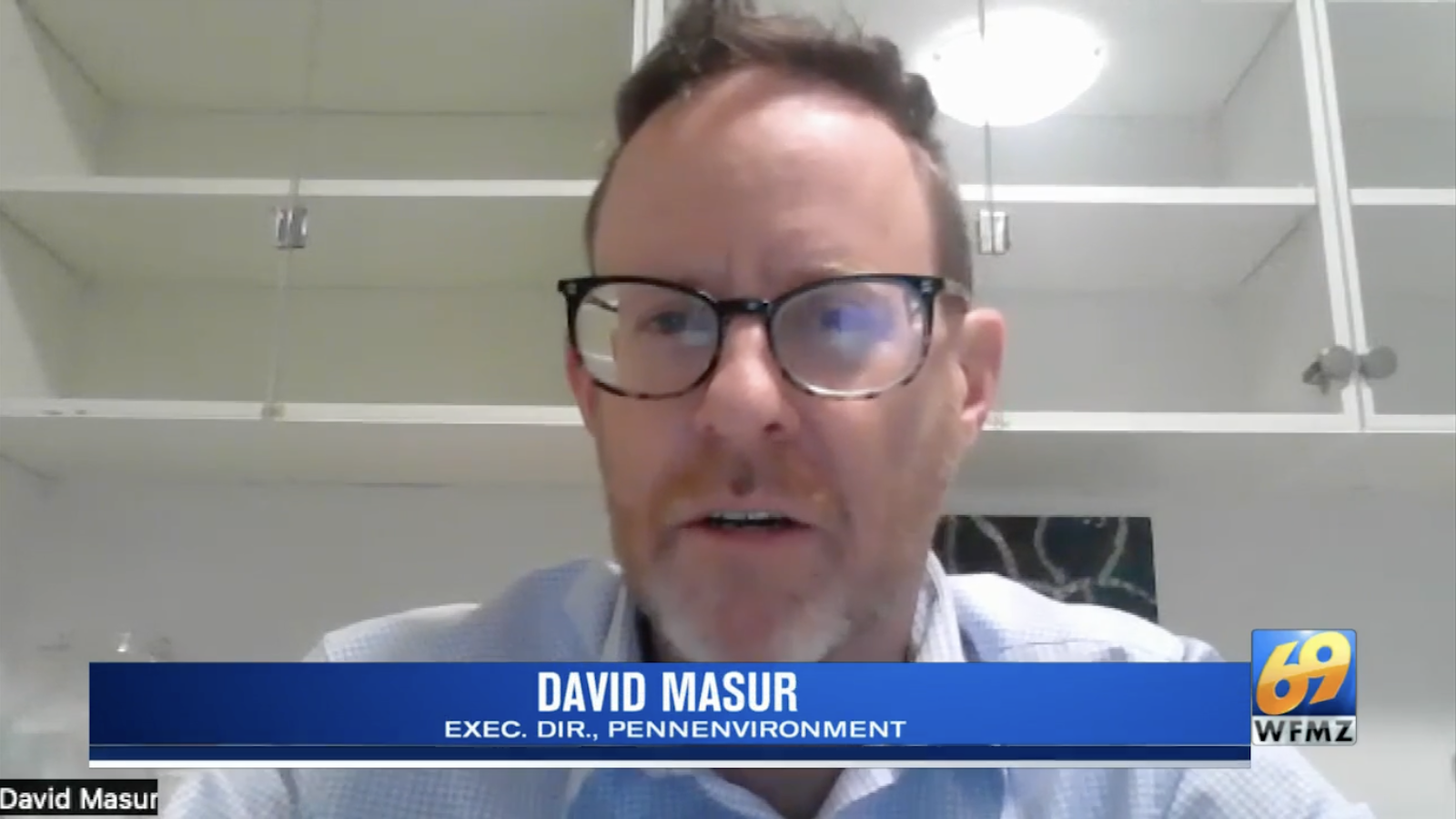
There is a profound senselessness to the still-unfolding Norfolk Southern train disaster in East Palestine, Ohio.
Explosions and a chemical blaze lasting five days that forced a mandatory evacuation of thousands; lingering smells and sickened, terrified residents; dead farm animals and viral footage of iridescent pollution and fish kills in nearby waterways; lax rail safety standards and outdated brake equipment for trains carrying hazardous substances; and the sheer quantity of these substances transported through American towns every day all ought to belong to a past we’ve long since put behind us.
And yet, in 2023, we find ourselves one month into a disaster that seems like it should predate the rise of modern-day movements for public safety and our environment. Knowing that it’s within our power to do much better than this makes this event all the more tragic.
The staff of The Public Interest Network’s neighboring state organization, PennEnvironment, and our flagship national groups, PIRG and Environment America, have mobilized a response to help relegate incidents like these to the past, once and for all. I wanted to share a brief update with you on our work for rail safety improvements and a reduction in our nation’s use of hazardous chemicals.
Hours after news of the derailment broke, PennEnvironment staff were quick to draw media attention to our 2015 study, “Danger Around the Bend,” which documents the threat to public safety posed by train derailments and explosions and also recommends policies to help prevent future accidents. On radio and television, and from the Philadelphia Inquirer and Pennsylvania Capital-Star to the BBC and the Washington Post, our team has worked to impress upon Americans how real the risk is of a similar disaster impacting their community.
PennEnvironment staff worked closely with U.S. Rep. Chris Deluzio (D-Carnegie), representing a district mere miles from East Palestine, who introduced legislation with Rep. Ro Khanna (D-Santa Clara) requiring stronger safety and reporting standards for trains carrying hazardous materials. Our Pennsylvania staff also teamed up with Rep. Chrissy Houlahan (D-West Chester) to draft and promote a delegation letter urging the Biden administration to suspend a rule allowing the rail transport of highly dangerous liquefied natural gas.
And in this moment, our experts and advocates at PIRG and Environment America are determined to help Americans make the connection between the dangerous chemicals at the heart of the East Palestine disaster and the need to move our nation beyond plastic.
As PIRG Environment Campaigns Director Matt Casale wrote, seven of the eight toxic substances that leaked from the train wreck are commonly used in a carbon-intensive process to manufacture plastic, almost all of which is made from fossil fuels and much of which we use once and throw away.
As we produce and consume more and more plastic, we need more and more trains to transport plastic’s toxic ingredients across America, putting our communities and our environment at greater risk. This makes no sense. The sooner we put an end to single-use plastic and transition to a zero waste economy that limits pollution and avoids these horrific accidents, the better.
Since PIRG and Environment America began our emergency response, we’ve been encouraged to see the U.S. Department of Transportation supporting immediate action to improve rail safety as well as the Environmental Protection Agency holding Norfolk Southern accountable for what will be a multi-year cleanup effort. Also encouraging is the bipartisan effort underway in the U.S. Senate to strengthen rail safety standards.
But our work has only just begun. We need environmental and public health safeguards, a transportation system and a circular economy that make good use of the progress our society has made in the decades since incidents like this train derailment were viewed more as a fact of life. We must realize that a better, safer future is in our hands and raise our sights accordingly.
Topics
Author
Wendy Wendlandt
Senior Vice President and Political Director, The Public Interest Network; President, Environment America
As president of Environment America, Wendy is a leading voice for the environment in the United States. She has been quoted in major national, state and local news outlets for nearly 40 years on issues ranging from air pollution to green investing. She is also a senior vice president with The Public Interest Network. She is a founding board member of Green Corps, the field school for environmental organizers, and Green Century Funds, the nation’s first family of fossil fuel free mutual funds. Wendy started with WashPIRG, where she led campaigns to create Washington state’s model toxic waste cleanup program and to stop the nation’s first high-level nuclear waste dump site. She is a 1983 graduate of Whitman College. She lives in Los Angeles with her husband and dog and hikes wherever and whenever she can.
Find Out More
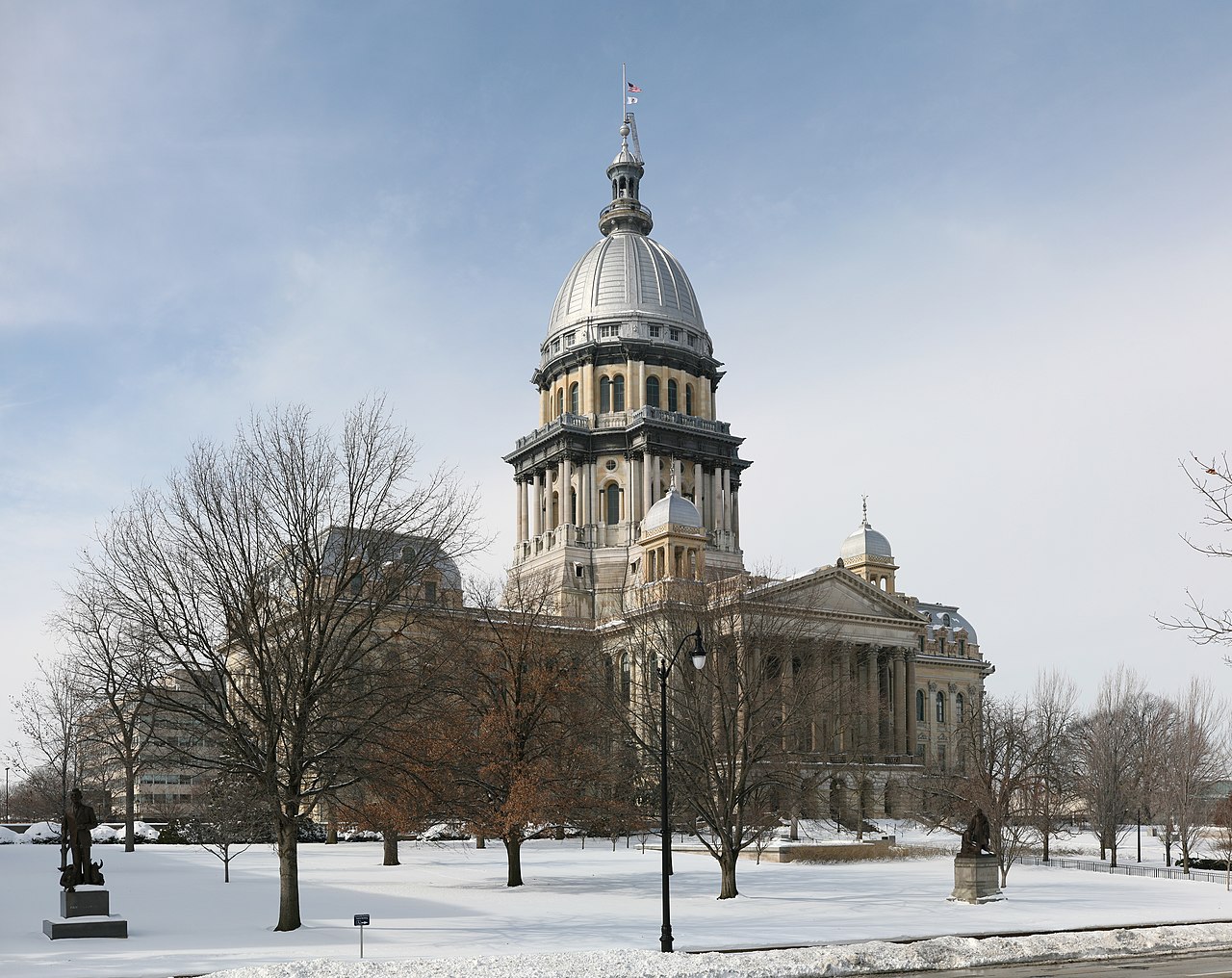
Our 2024 priorities in the states
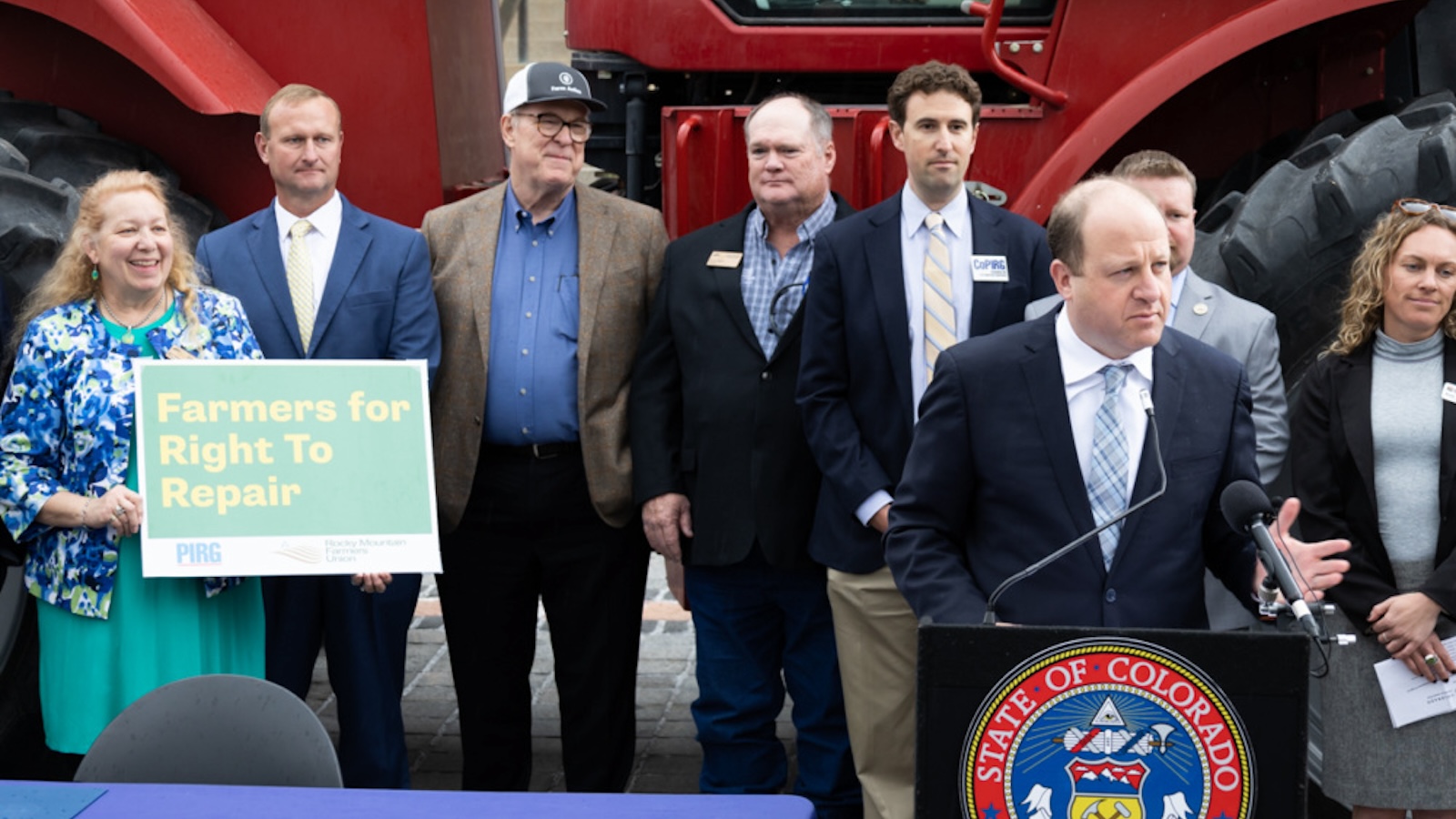
Celebrating new protections taking effect in 2024
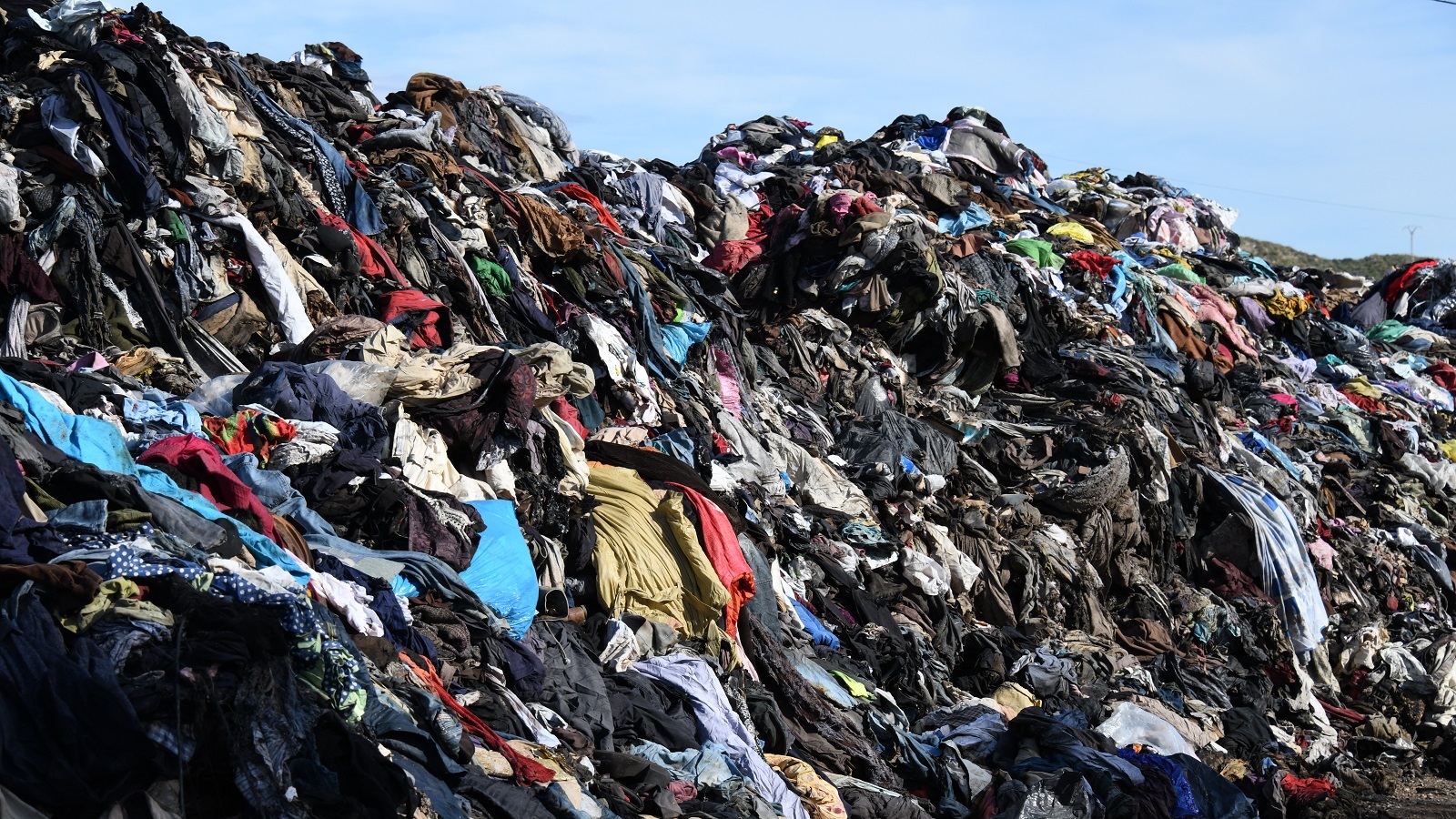
What’s the problem with fast fashion?

